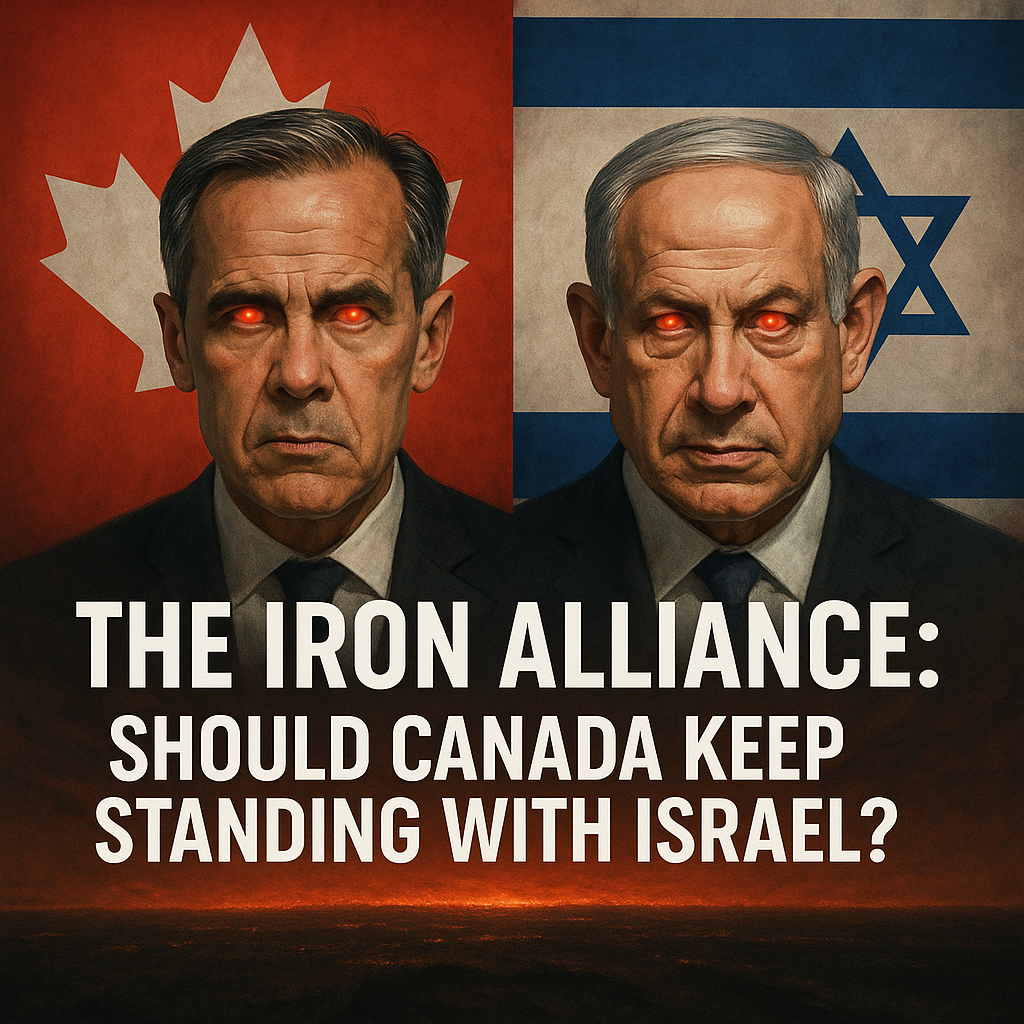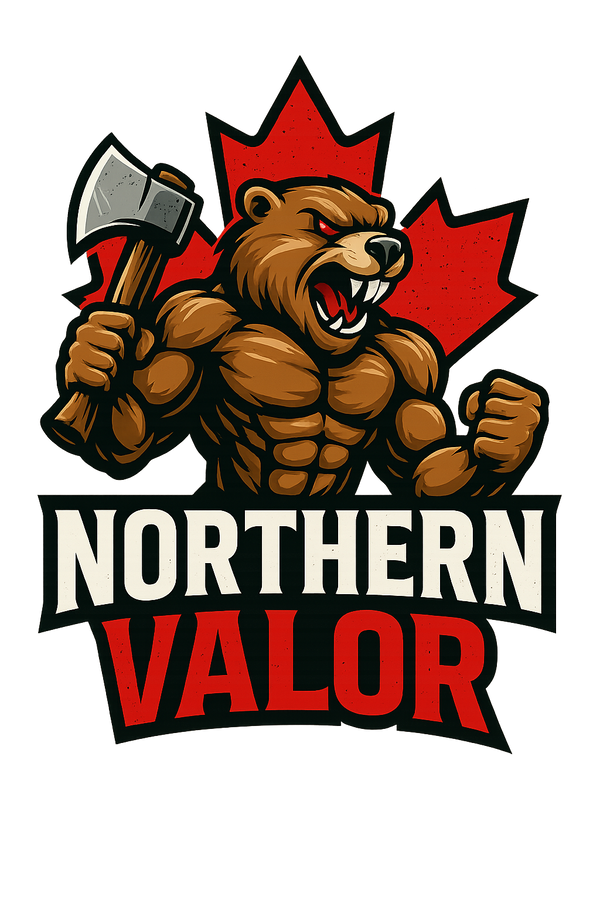
🇨🇦 “The Iron Alliance: Should Canada Keep Standing with Israel?”
Share
There comes a time in every nation’s story when loyalty must be measured against legacy.
For decades, Canada has stood shoulder-to-shoulder with Israel — a bond forged through shared democracy, Western values, and moral alignment. But between 2020 and 2025, that alliance began to show its true weight. Beneath the rhetoric of friendship lies a harder truth: every alliance has a cost, and every handshake leaves fingerprints.
The question is no longer whether we should stand with Israel — but whether doing so strengthens Canada, or slowly ties us into someone else’s wars.
1. The Economic Reality — Innovation or Dependence?
Israel’s tech-driven economy is one of the world’s most advanced, and Canada’s partnership has opened doors to cybersecurity, defense tech, and AI collaboration.
Canadian investors see Tel Aviv as the “Silicon Wadi” — a land of startups and innovation. Between 2020 and 2025, bilateral trade hovered around $2 billion annually, largely in pharmaceuticals, IT, and defense technology.
But let’s be honest: who benefits most?
While Israel gains markets, defense contracts, and international legitimacy, Canada remains mostly a buyer, not a builder. Our industries import their systems instead of creating our own. And when conflicts break out in the Middle East, Canadian taxpayers quietly foot the bill for diplomatic fallout, humanitarian aid, and higher energy costs.
Economic cooperation should empower Canada. Yet too often, we play the junior partner.
2. The Geopolitical Tightrope — Between Allies and Enemies
In geopolitics, neutrality is power.
Yet Canada has slowly drifted away from that principle — voting consistently with Israel at the UN, often opposite of Europe and the Global South. That loyalty pleases Washington but complicates our trade relations with Arab states, many of whom supply our oil and import our wheat.
By choosing sides too visibly, Canada risks becoming a pawn in superpower games — a middle nation echoing U.S. policy instead of leading with its own voice.
From 2020–2025, every escalation in Gaza or Lebanon rippled through Canadian streets — protests, division, even violence. What begins as foreign policy ends as social unrest at home.
It’s not anti-Israel to ask: is this alignment truly serving Canadians?
True patriotism asks hard questions — even when it’s unpopular.
3. The Military and Intelligence Alliance — Strength or Surveillance?
Behind closed doors, Canada and Israel share intelligence on cybersecurity, terrorism, and border threats. It’s one of the most advanced data relationships outside of NATO.
Israeli technology powers parts of Canada’s security grid — drones, sensors, and defense analytics. The two nations train together, exchange expertise, and collaborate in intelligence-sharing networks that make both sides safer.
But safety always has a price.
The deeper the integration, the more Canada depends on foreign defense infrastructure. Every line of code, every encrypted signal, ties our sovereignty to someone else’s switchboard. If alliances shift — if political tides turn — how much of our national defense truly remains ours?
4. The Canadian Dilemma — Principles or Pragmatism?
Canada’s support for Israel comes from moral conviction — the belief that democracies must stand united in a dangerous world.
But conviction without caution becomes compliance.
We can admire Israel’s resilience without inheriting its wars.
We can trade, learn, and defend together without surrendering independence.
We can stand for freedom — without forgetting who we are.
The future will test our balance. As new powers rise in Asia, and old alliances strain under the weight of history, Canada must decide what kind of country it wants to be:
A follower… or a force of its own.
Where Do We Stand?
Northern Valor doesn’t tell you what to think — we ask you to remember who you are.
Our ancestors built a nation out of ice, war, and faith. They didn’t bend with the wind — they carved their own path through it.
So the question remains:
Should Canada keep standing with Israel — or start standing for itself?
